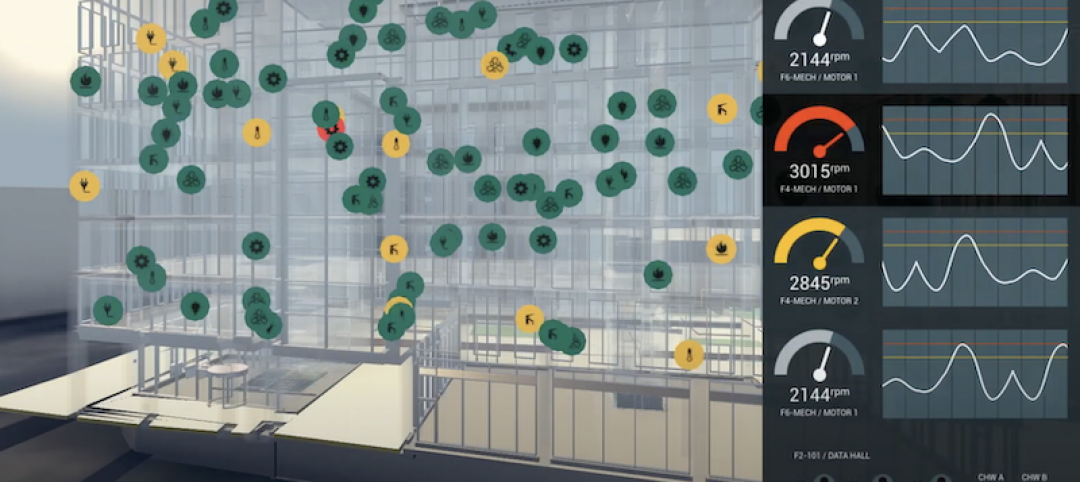About seven years ago, the Pacific Northwest College of Art (PNCA), the oldest art college in Portland, Ore., was evaluating its master plan with an eye toward expanding and upgrading its campus facilities to match its enrollment and endowment growth goals.
A board member brought to the attention of the college a nearby 134,000-sf building that had once served as the city’s original post office (it opened in 1919), and for the past two decades had been used as office space for federal agencies such as Immigration and Customs Enforcement (ICE).
The building was on the government’s disposal list and, according to Gus Baum, PNCA’s senior director of planning, was available “gratis” as long as it was used 100% for education.
Next February, that building is scheduled to reopen as the Arlene and Harold Schnitzer Center for Art and Design and become the college’s new hub, into which it has consolidated several of its other facilities around town. Over the four years of its $32 million redevelopment, the school, its architect (Allied Works Architecture), and development consultant (Gerding Edlen) had to overcome a number of design, logistical, and financial challenges.

This project’s architect, Allied Works Architecture, carved out new areas for exhibitions, productions, and classrooms, including the facility’s Black Box Theater, pictured here. Rendering courtesy Allied Works Architecture
For one thing, it took ICE a while to find new offices and vacate the premises. And the building’s configuration posed some unique design issues. Its north end was an open warehouse with no circulation, while the south end was a six-story tower. Baum says that a light well was removed from the roof of the warehouse to recreate a 5,000-sf skylight that illuminated the center of the building and created an atrium space.
The distance between the first and second floors of this building is about 24 feet, so the Building Team introduced a mezzanine that added 11,000 sf of usable workspace. The team also added design flourishes, like a cable system suspended from the ceiling.
Allied Works’ design highlights new areas for public programs and arts education, with spaces for exhibitions, lectures, and events in addition to classrooms, production facilities, an elegant library, and innovation studio and incubator called Media Tech.
This project’s greatest challenge may have been the building’s historic landmark status, which made such things as replacing door hardware for ADA compliance tougher. That status also posed seismic upgrade limitations that the Building Team resolved by installing a Viscous Dampening System, a bracing apparatus built into the walls that dissipates energy and allows the building to shift a bit in the event of a seismic event.
The building’s historic status made financing this project more complicated, says Jill Sherman, a vice president and partner at Gerding Edlen. Her firm, she explains, was hired specifically for its expertise in helping the college get through the rigorous approval process to qualify for New Market and Historic tax credits.
“We specialize in public-private partnerships, and this turned out to be one of the more complex because of the number of players involved,” she says.
Related Stories
Giants 400 | Jan 3, 2022
2021 Government Sector Giants: Top architecture, engineering, and construction firms in the U.S. government buildings sector
Stantec, Jacobs, Turner Construction, and Hensel Phelps top BD+C's rankings of the nation's largest government sector architecture, engineering, and construction firms, as reported in the 2021 Giants 400 Report.
Cladding and Facade Systems | Oct 26, 2021
14 projects recognized by DOE for high-performance building envelope design
The inaugural class of DOE’s Better Buildings Building Envelope Campaign includes a medical office building that uses hybrid vacuum-insulated glass and a net-zero concrete-and-timber community center.
Justice Facilities | Sep 24, 2021
More than justice for all
Public safety buildings are paying greater attention to occupant well-being.
Giants 400 | Aug 30, 2021
2021 Giants 400 Report: Ranking the largest architecture, engineering, and construction firms in the U.S.
The 2021 Giants 400 Report includes more than 130 rankings across 25 building sectors and specialty categories.
Resiliency | Aug 19, 2021
White paper outlines cost-effective flood protection approaches for building owners
A new white paper from Walter P Moore offers an in-depth review of the flood protection process and proven approaches.
Daylighting Designs | Jul 9, 2021
New daylighting diffusers come in three shape options
Solatube introduces its newest technology innovation to its commercial product line, the OptiView Shaping Diffusers.
Government Buildings | Jun 30, 2021
The FBI Innovation Center breaks ground in Huntsville, Ala.
HKS and Clark Construction are the design-build team for the project.
Government Buildings | Jun 30, 2021
Singapore’s new courthouse is set up for all to see
The project’s architect has released more details about its design, 18 months after it opened.
Resiliency | Jun 24, 2021
Oceanographer John Englander talks resiliency and buildings [new on HorizonTV]
New on HorizonTV, oceanographer John Englander discusses his latest book, which warns that, regardless of resilience efforts, sea levels will rise by meters in the coming decades. Adaptation, he says, is the key to future building design and construction.
Digital Twin | May 24, 2021
Digital twin’s value propositions for the built environment, explained
Ernst & Young’s white paper makes its cases for the technology’s myriad benefits.




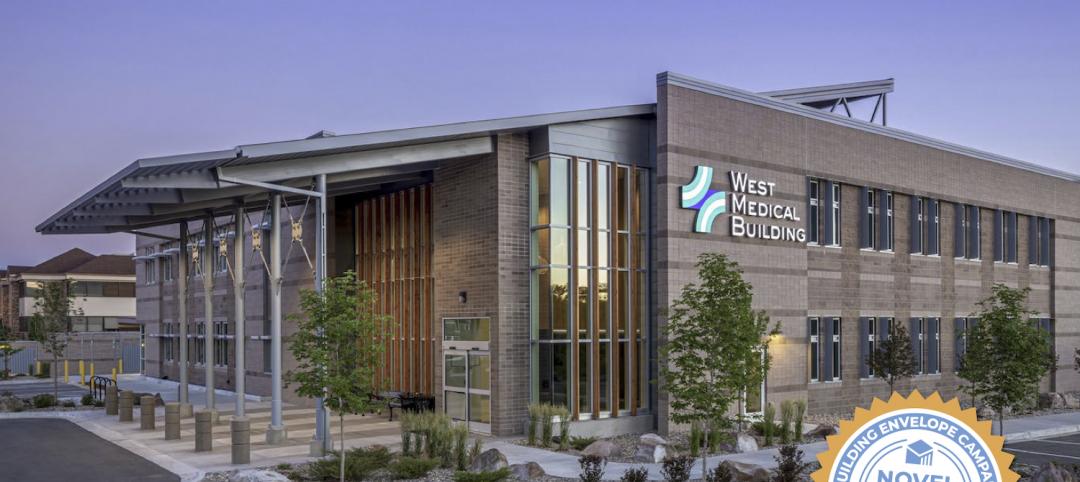
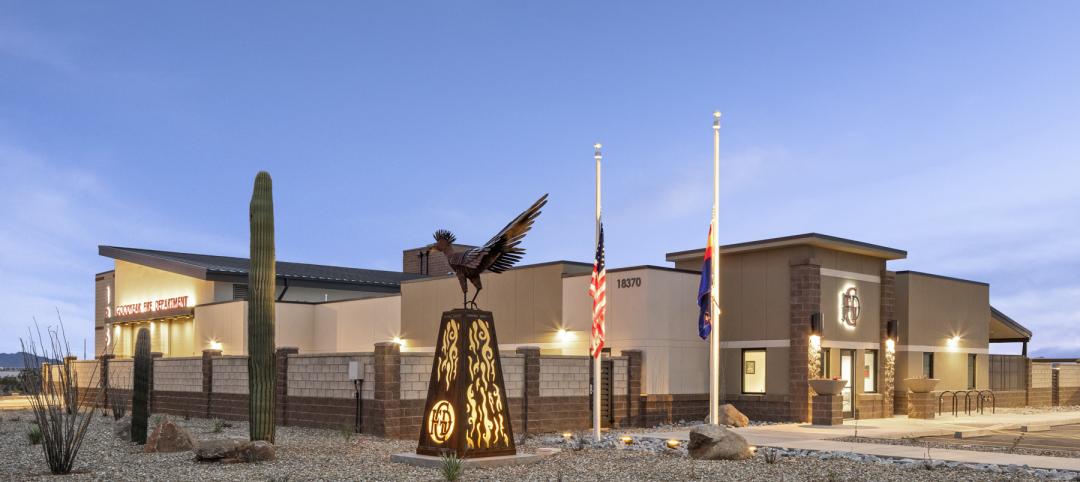
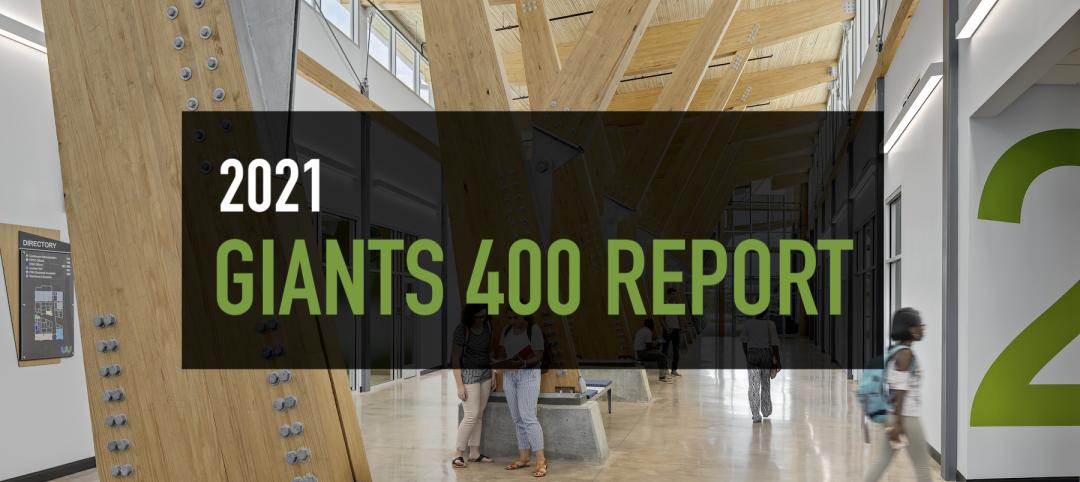
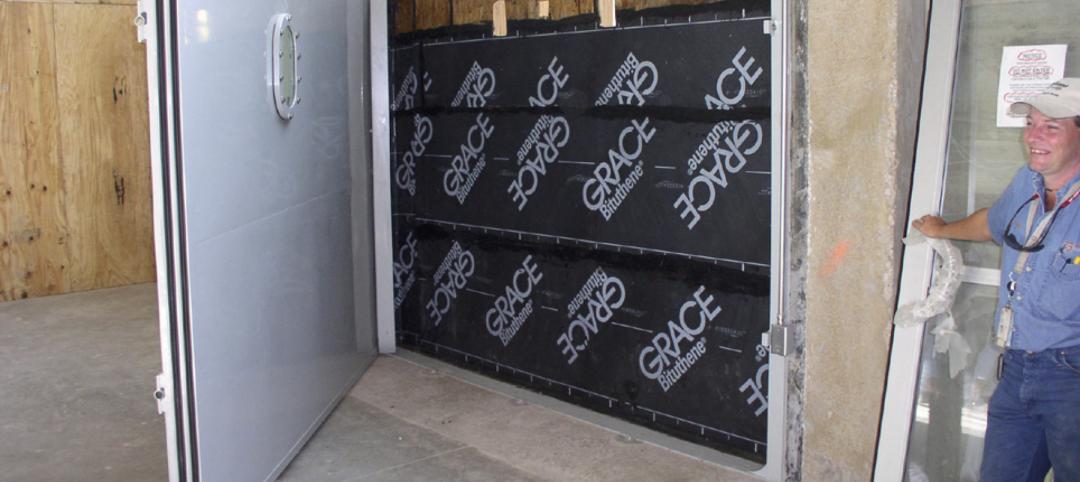



![Oceanographer John Englander talks resiliency and buildings [new on HorizonTV] Oceanographer John Englander talks resiliency and buildings [new on HorizonTV]](/sites/default/files/styles/list_big/public/Oceanographer%20John%20Englander%20Talks%20Resiliency%20and%20Buildings%20YT%20new_0.jpg?itok=enJ1TWJ8)
